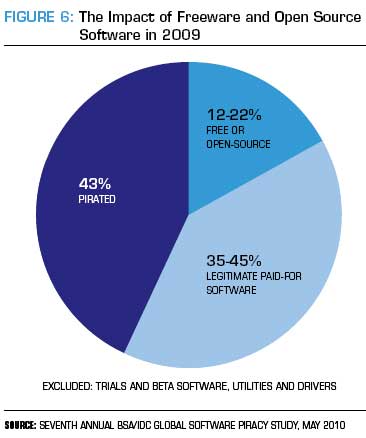Piracy is certainly a concern for both console makers and game developers. Microsoft’s failed attempt at implementing hardware-level DRM into the upcoming Xbox One is proof enough of that. However, while other console makers have battle piracy mainly through software, Nintendo has been putting out hardware that is fundamentally harder to emulate. 3DS games, for example, wouldn’t work well without two screens, one of which is touch-based. That doesn’t mean hackers can’t compromise the systems themselves, and an underground pirated software ecosystem does exist online for Nintendo consoles.
Nintendo today announced that it has filed a lawsuit in Florida against the owner of Hackyourconsole.com. In a statement, the video game company has claimed that the website “promotes and sells unauthorized Nintendo games along with devices and services that circumvent the security in the Nintendo DS system and the Wii console.” Hackyourconsole also uses a (presumably unauthorized) depiction of Mario in its logo, though Nintendo did not mention whether that trademark infringement is also part of the lawsuit.
Hackyourconsole sells mainly R4 cartridges, which can be used to copy and pirate Nintendo DS and 3DS games. The website is also offering pre-orders for the similar Gateway 3DS cartridges, which it says will ship sometime in August. A demonstration of the Gateway device being used with a ROM of Luigi’s Mansion: Dark Moon, Resident Evil: Revelations, and Super Mario 3D Land stored on microSD cards can be seen in the video below:
Nintendo has been battling against R4 cartridges and similar clones for years. R4 cartridges were banned in the U.K. back in in 2010, and it has won legal victories against retailers of the devices in Japan, Australia, and the Netherlands.

